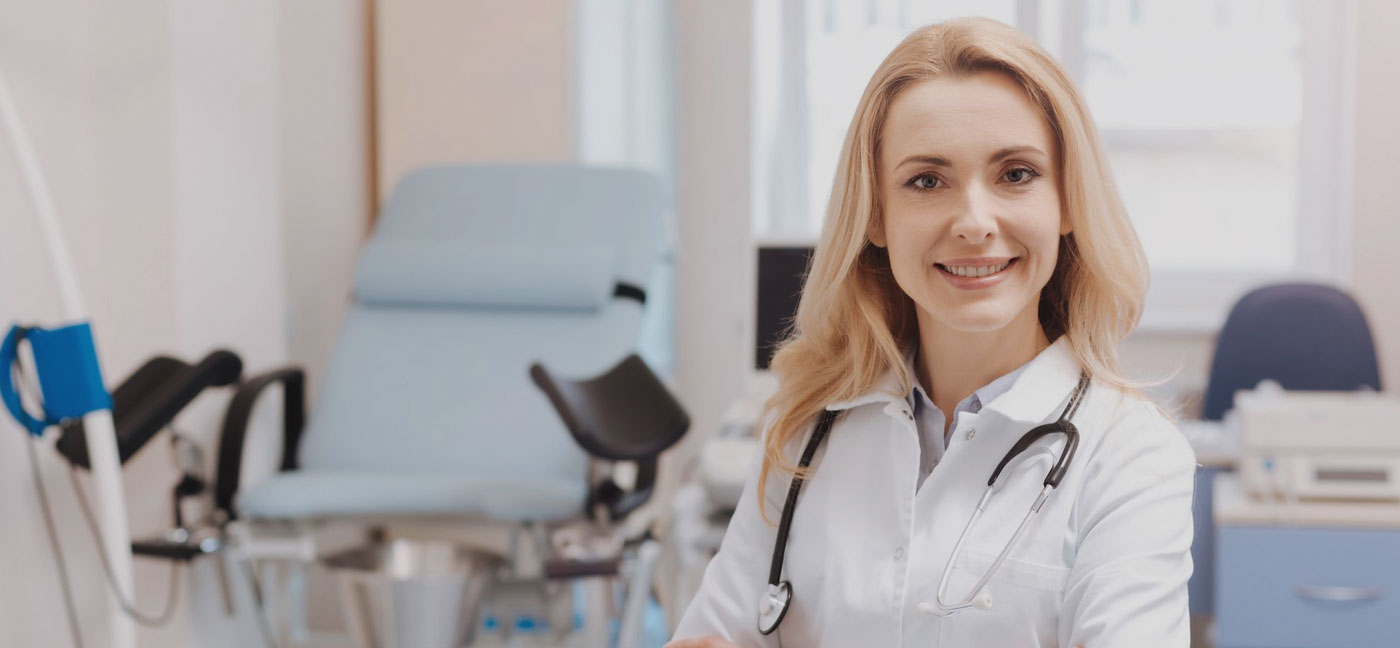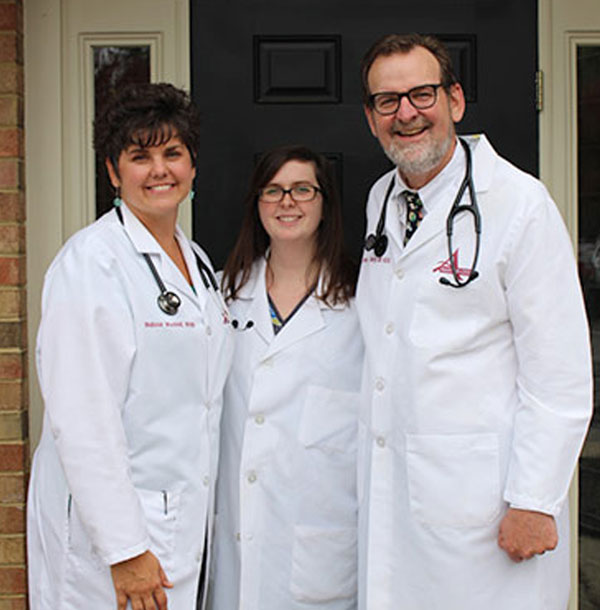What is bacterial vaginosis?
Bacterial vaginosis is a common inflammation of the vagina caused by bacteria. It was previously called nonspecific vaginitis or Gardnerella-associated vaginitis. It affects all ages, but most often occurs during reproductive years.
How does it occur?
Bacterial vaginosis is caused by an overgrowth of bacteria. These bacteria are normally found in the vagina. However, too many of them in the vagina can cause unpleasant symptoms. This is not considered a sexually transmitted infection, however, sexual activity has been linked to the development of this infection. Also, shaving, allowing soaps, perfumes, powder, lotions to get into the vagina can cause this infection.

What are the symptoms?
Approximately 50% of women have no symptoms. The most common symptom is a discharge from the vagina. The discharge may be gray or yellowish. It often has a fishy odor that may be worse after intercourse. You may also have burning or itching around the opening of the vagina.
The bacteria associated with bacterial vaginosis are sometimes found in the tips of men’s penises. However, men do not usually have any symptoms.
How is it diagnosed?
You will have a pelvic exam and a sample of vaginal discharge is obtained to be examined under the microscope.
How is it treated?
There is one medicine called Flagyl that you take by mouth. Other medicines, such as Metrogel or Cleocin, are placed in the vagina. Do not drink any alcohol while you are taking Flagyl or Metrogel and for 2 days after you finish the medicine. Drinking alcohol while you are taking these medicines may cause nausea or vomiting. If there is a possibility that you may be pregnant, do NOT take Flagyl and tell your health care provider. Flagyl should not be used during the first 3 months of pregnancy. You shouldn’t have intercourse until your symptoms are gone and you have finished your treatment.
How long will the effects last?
The symptoms may last for a few days after beginning your treatment. If the symptoms do not go away after treatment is completed, you should call the office.
What can be done to help prevent bacterial vaginosis?
There are no specific ways to preventative this infection. However, using a condom with new sexual partners may help protect against various infections. Use Dove or Ivory plain soap while washing the genital area and try not to allow the soap to get inside the vagina. Avoid vaginal douching. Take showers instead of tub baths. Wear cotton underwear or pantyhose with a cotton crouch. Don’t sit in wet clothing such as a wet bathing suit, or gym clothing. After urination or bowel movements, cleanse by wiping front to back. Change tampons or pads frequently. Avoid wearing pads or pantyliners daily. Advise your partner to also change to a mild soap such as Dove or Ivory. Wash undergarments in a baby detergent or one that is for sensitive skin that is free of dyes and colors.

